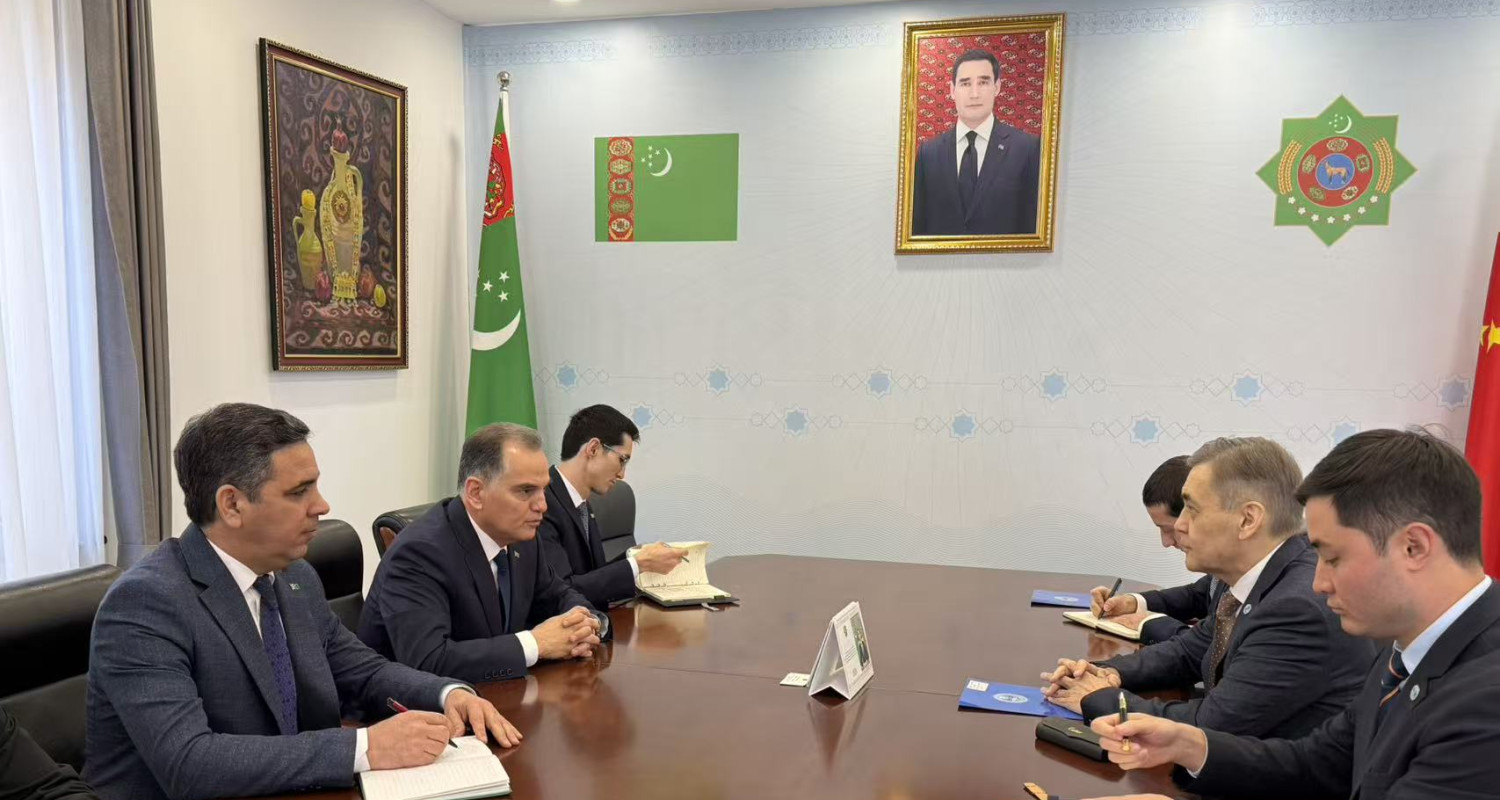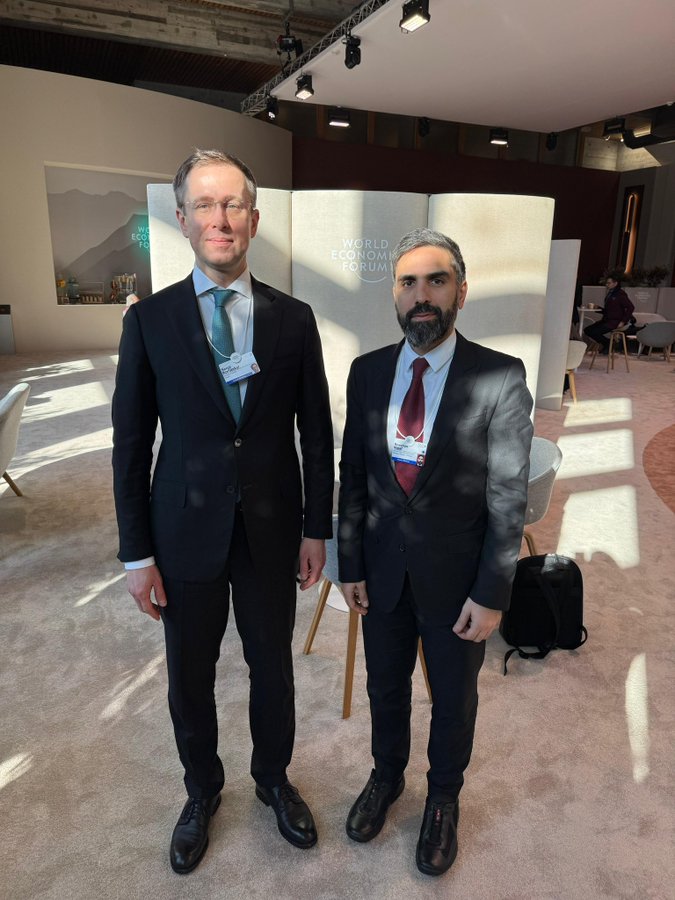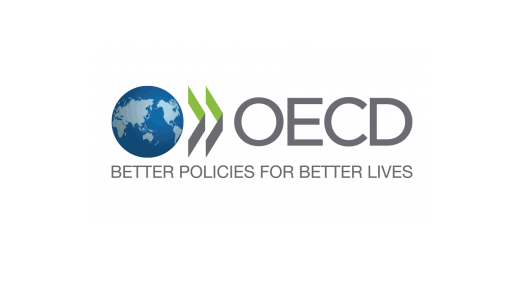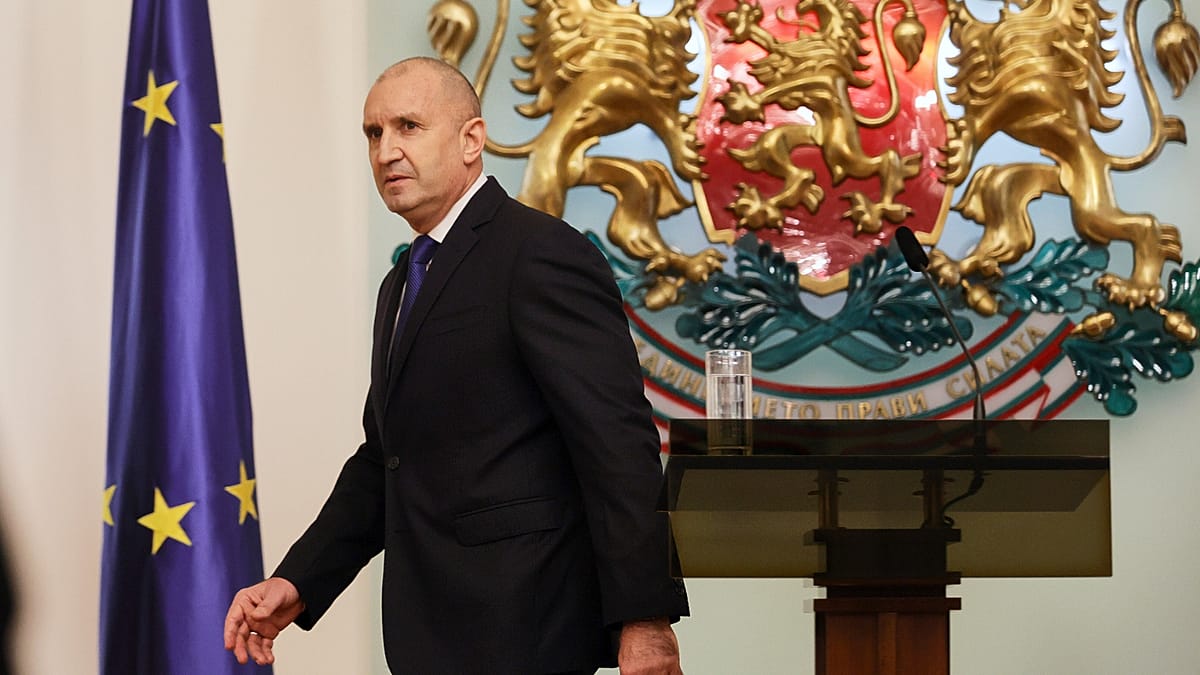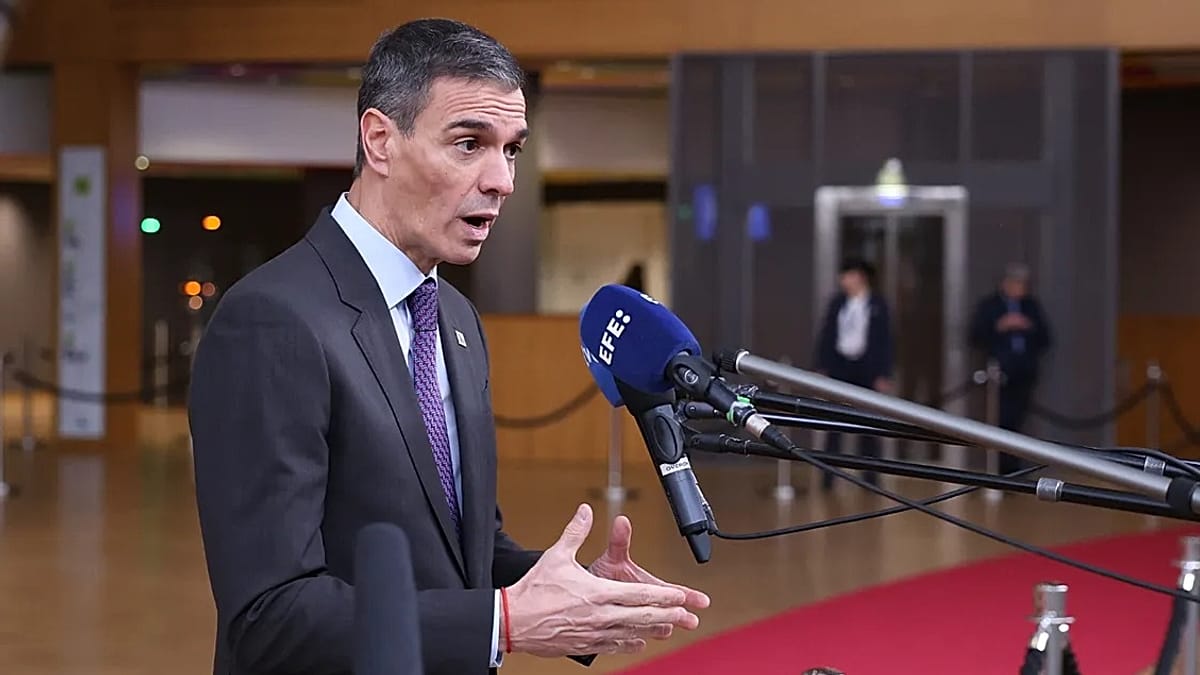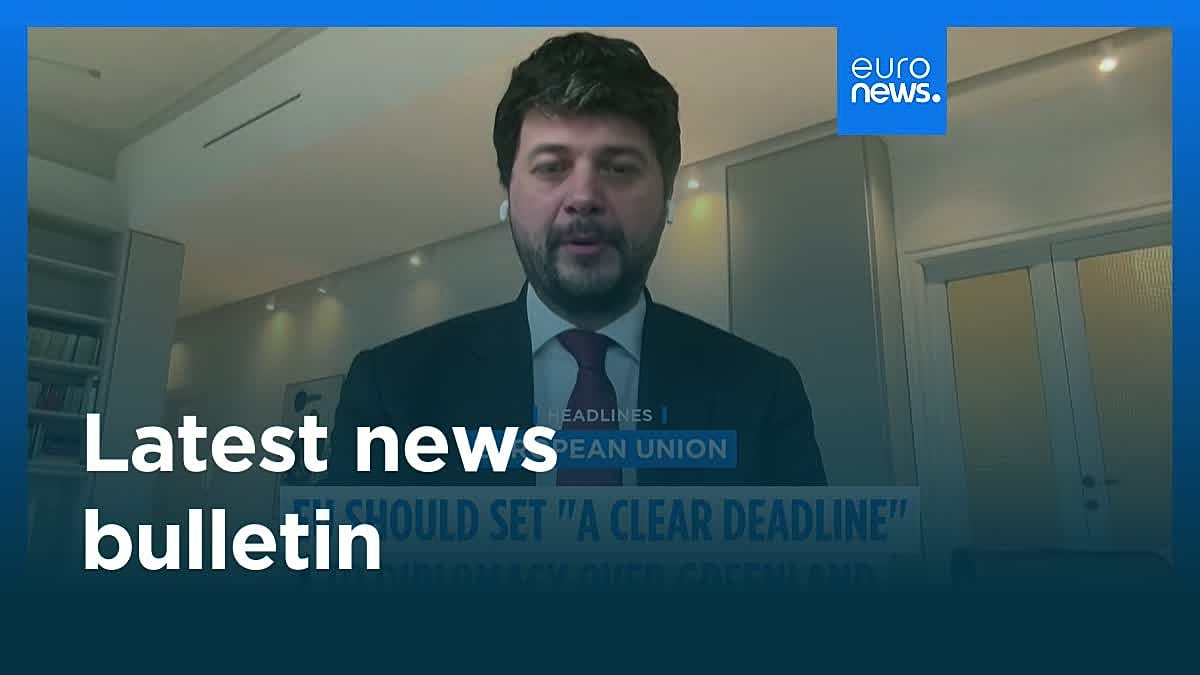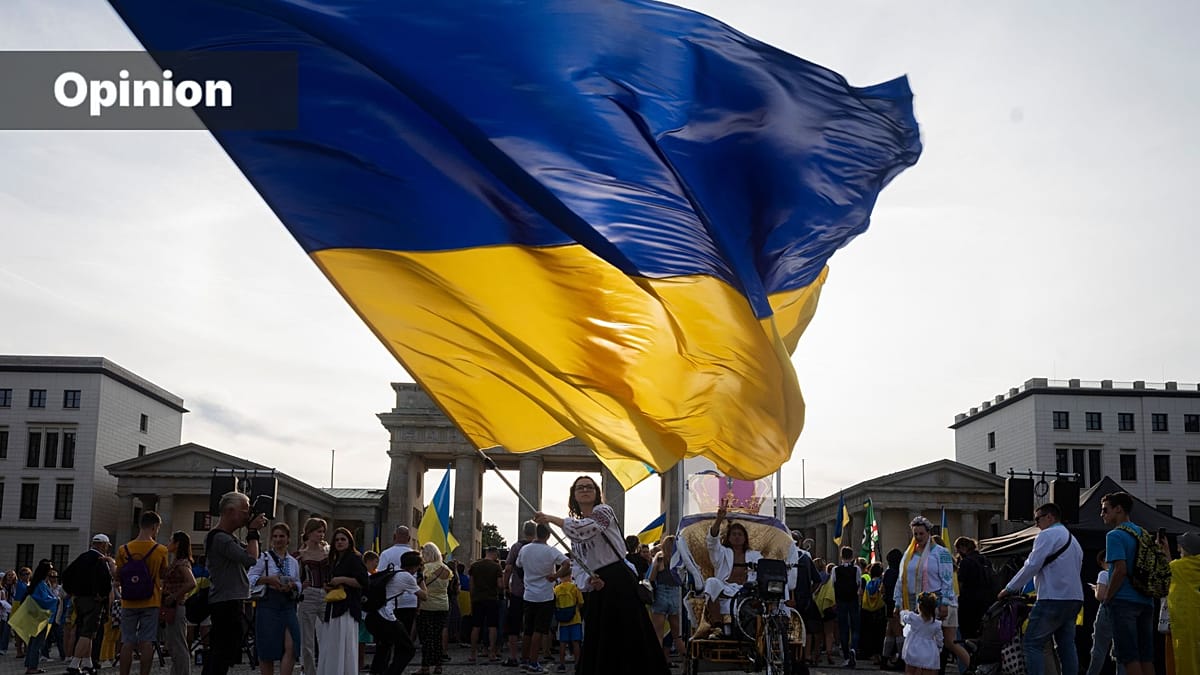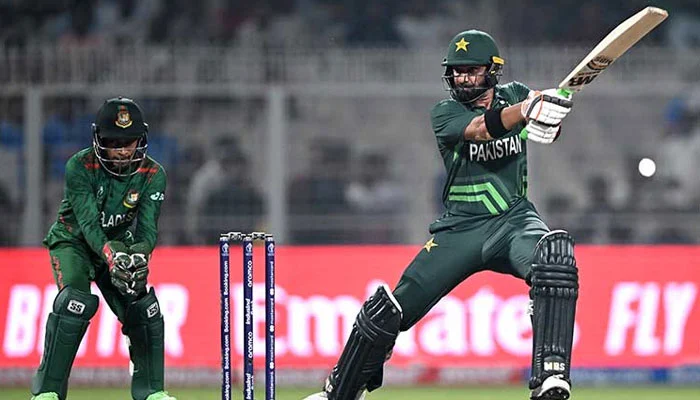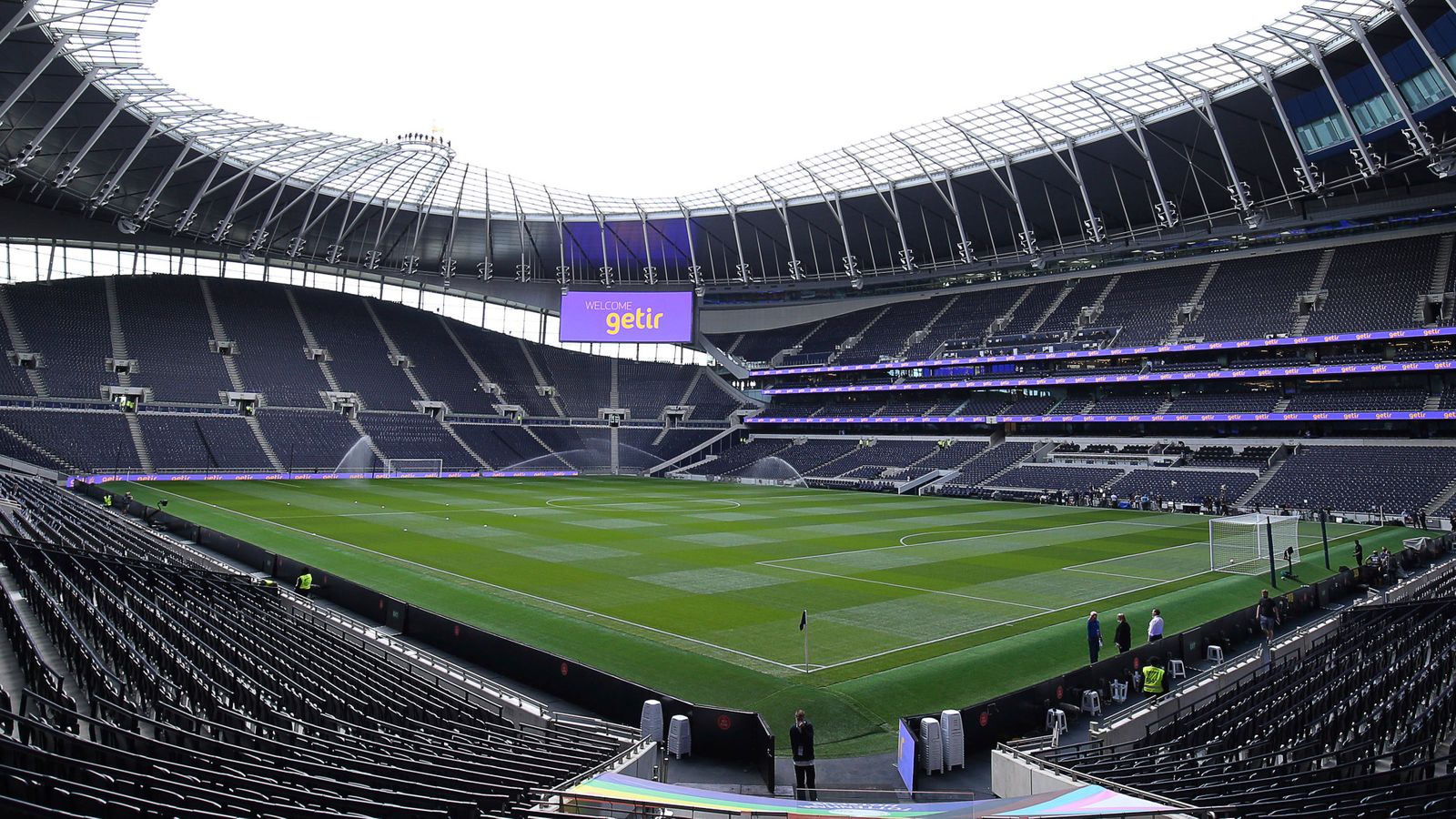Richest Premier League Owners in 2025

Richest Premier League Owners in 2025
The Premier League is no longer just a football competition; it is a showcase for some of the world’s wealthiest individuals and investment groups. Owners with vast resources shape the game not only through transfers but also in infrastructure, global branding, and long-term stability. Yet money alone does not guarantee success, and the way wealth is used often matters more than the total amount.
Richest Premier League Owners
| Owner / Ownership Group | Club(s) | Estimated Net Worth | Notes on Ownership / Influence |
|---|---|---|---|
| Saudi Public Investment Fund (PIF) | Newcastle United | Around £479 billion | Holds 85% of Newcastle United. Their investment has transformed the club’s finances and ambitions, with a focus on transfers and infrastructure. |
| Sir Jim Ratcliffe | Manchester United (27% stake) | £17 billion | Despite not being a majority owner, his stake gives him major influence on strategy, recruitment, and facilities. |
| Sheikh Mansour bin Zayed Al Nahyan | Manchester City | Tens of billions | Oversees one of the most successful modern football projects, with investment extending to the City Football Group worldwide. |
| Nassef Sawiris & Wes Edens (V Sports) | Aston Villa | £10 billion combined | Their ownership has brought heavy investment in players and facilities, with a long-term focus on sustainable growth. |
| Shahid Khan | Fulham | £10.6 billion | A hands-off style has kept Fulham stable, with steady financial management more important than big spending. |
| Fenway Sports Group (John W. Henry & Tom Werner) | Liverpool | £5.5 billion | Ownership emphasises data-driven recruitment and global brand building, but also faces ongoing pressure from fans over spending levels. |
Why Wealth Differences Matter
-
Transfers and wages: Owners with deeper pockets can finance marquee signings and larger wage bills, though intelligent recruitment remains key.
-
Infrastructure: New training grounds, stadium expansions, and academy development often require vast resources.
-
Global reach: Wealthy owners can open doors to international markets, partnerships, and commercial revenue streams.
-
Stability: Clubs benefit most when owners combine wealth with sound decision-making. Mismanagement can waste even the largest fortunes.
Key Trends in Premier League Ownership
-
Sovereign wealth funds and state-backed investment are now central to the league’s financial power.
-
Partial ownership stakes are increasingly common, changing how clubs are run and where decision-making authority lies.
-
Supporters remain cautious. Financial power is important, but culture, transparency, and accessibility also matter.
-
Financial fair play and regulation place limits on spending, meaning that even the richest owners must operate within boundaries.
